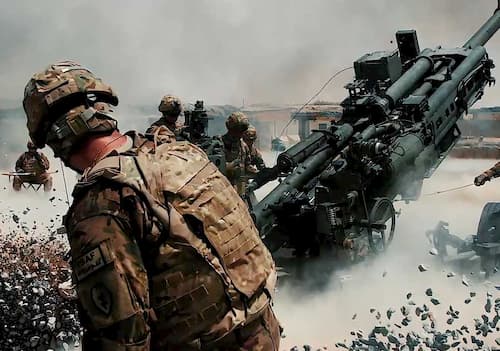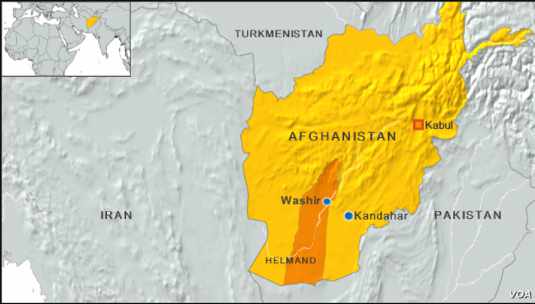WASHINGTON – The relationship between U.S. and Afghan officials remains intact despite some recent negative events in Afghanistan, the commander of the International Security Assistance Force said Friday.
“I think this relationship has endured a number of hardships and tough times,” Marine Corps Gen. John R. Allen said during an interview with PBS’s Charlie Rose. “It’s been bruised from time to time, but it hasn’t been broken.
“And we’ve come through some very difficult times as of late — the Quran burning was a very difficult time even before the tragedy of the shootings in Panjawai,” Allen continued. “But what we learned from that particular incident as it unfolded was there were demonstrations across the country and some of those were violent, but they were not widespread.”
Even during some violent demonstrations, the Afghan National Security Forces “stood their ground,” the general said, to defend both Afghan citizens and members of the International Security Assistance Force.
“So it points to, I think, the emergence of a sophisticated Afghan National Security Force,” he said, that “will ultimately support the development of this government in Afghanistan.”
Allen acknowledged there’s corruption within the Afghan government but he also emphasized that President Hamid Karzai is taking action to fight and eliminate it.
“There is corruption in this government but President Karzai has been clear — he desires to end this culture of impunity,” Allen said. “And that public statement on his part has been followed up by actions, frankly, on his part.”
Karzai, the general said, has “established a presidential executive commission to partner with us in certain measures to reduce criminal patronage influence in the country. Both of the security ministries are undertaking transparency and accountability surveys of their ministries so they can chart those areas where there is corruption.”
Allen said the strategy is to partner with defense ministry officials in a series of measures “to put down strong roots of democracy” to reduce corruption and produce a “fair and capable security mechanism” that can defend the Afghan government and provide Karzai, and his eventual successor, the time necessary to develop the institutions of a democratic government.
“I believe that President Karzai is committed to cleaning up corruption,” Allen reiterated. “Now, obviously, we didn’t arrive here in a day, and we’re not going to solve this problem in a day. And I believe that he, and the leadership in Afghan government, desire ultimately to neutralize and clean up this corruption in a way that permits this government to be a viable member of the international community.”
Allen expressed his confidence in Karzai’s establishment of a presidential executive commission to secure Afghanistan’s borders, inland customs depots and airports from “the grip of organized crime … networks.”
The ISAF commander also noted the “transparency and accountability workgroups” functioning within the Afghan ministry of defense as part of Karzai’s campaign to fight government corruption.
“It has plotted everything within that ministry from the accession of troops to the acquisition of weapons and everything in between within the ministry of defense,” Allen said. “The idea being, if we can expunge corruption from the ministries that are responsible for defense … then we can create an environment where a responsible government can be defended by responsible mechanisms of security.
“And it’s got to start somewhere and I think that we’ve had a good start,” he added.




